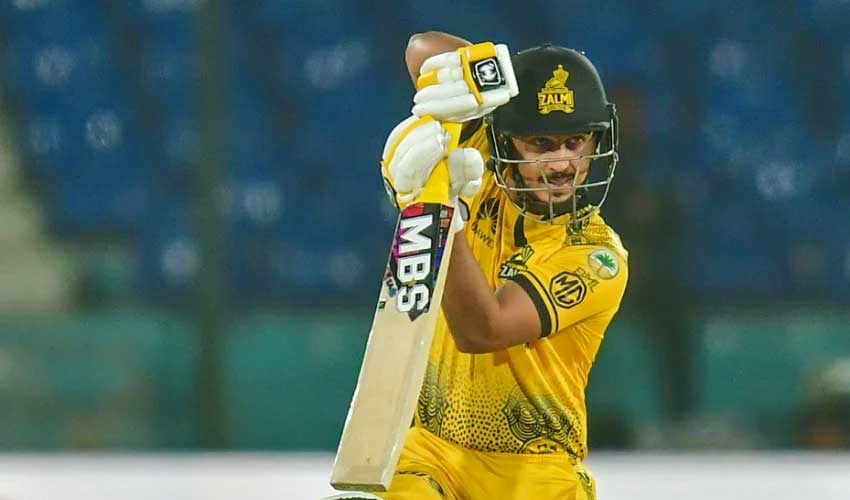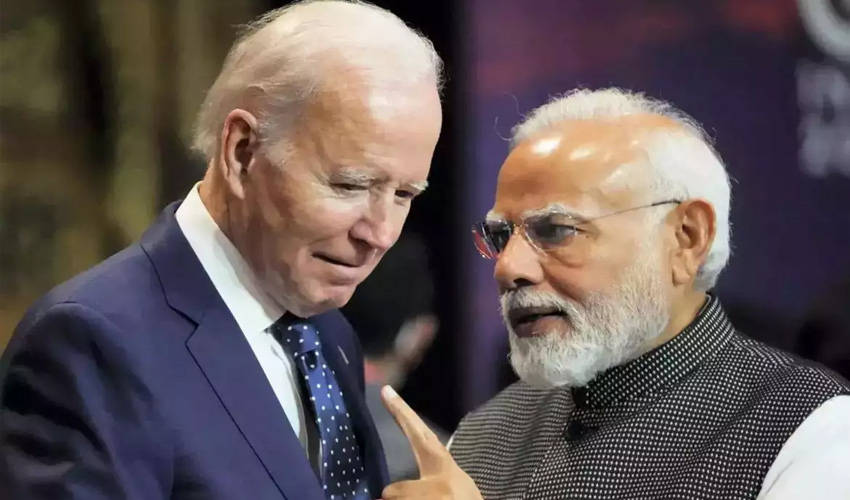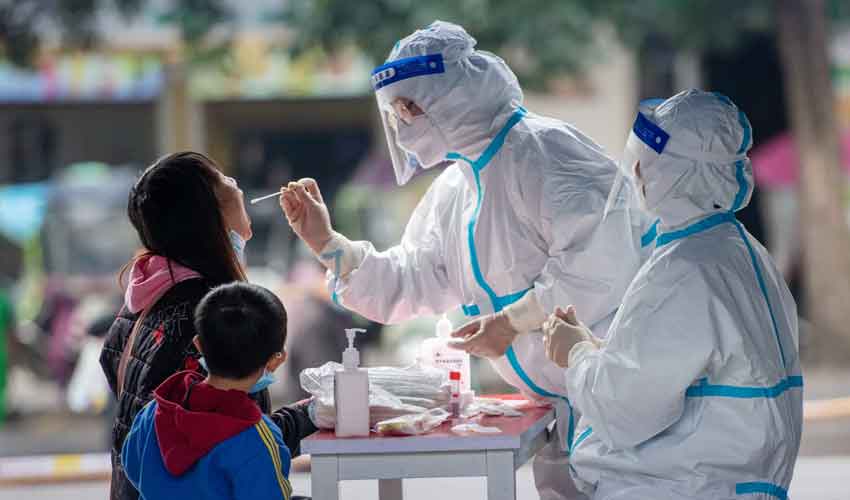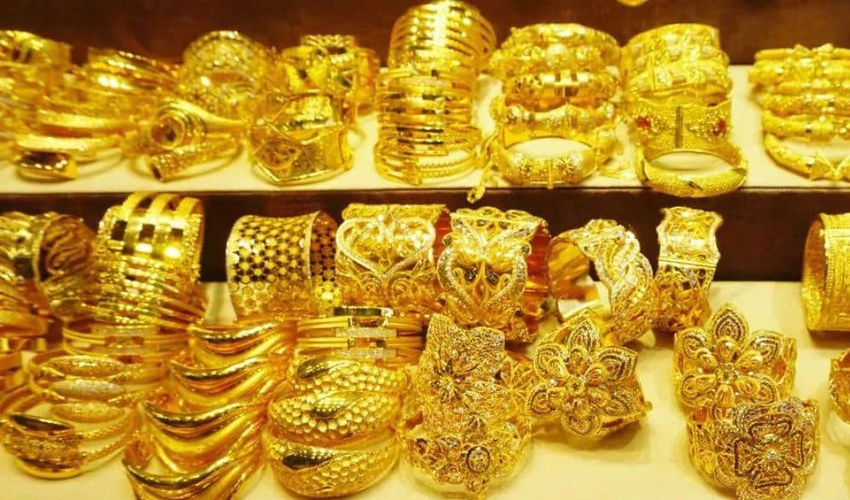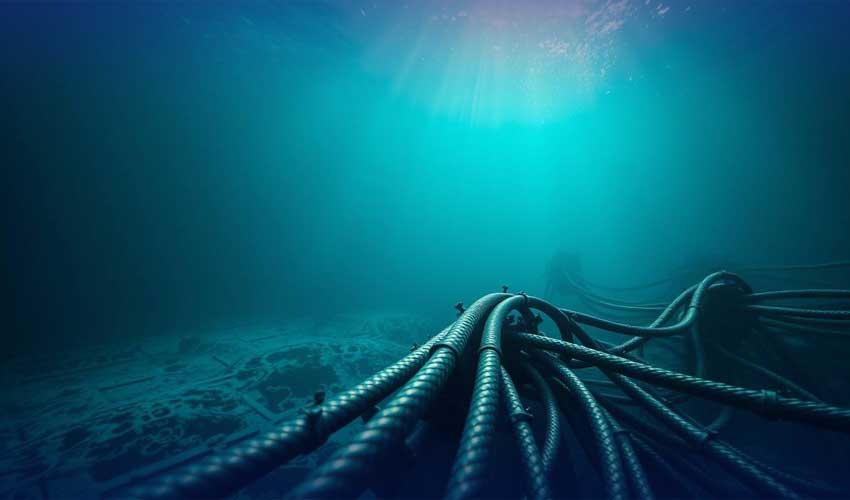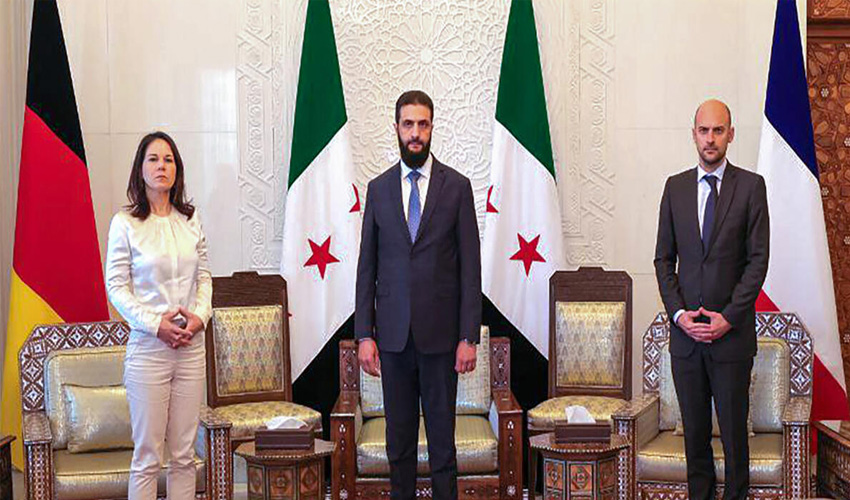Putin's potential visit became a thorny diplomatic issue for South Africa.
The Russian leader is the target of an International Criminal Court arrest warrant -- a provision that Pretoria as an ICC member would be expected to implement were he to set foot in the country.
"By mutual agreement, President Vladimir Putin of the Russian Federation will not attend the summit, but the Russian Federation will be represented by Foreign Minister Mr (Sergei) Lavrov," Vincent Magwenya, a spokesman for President Cyril Ramaphosa, said in a statement.
The decision follows "a number of consultations" held by Ramaphosa in recent months, the most recent of which took place "last night," Magwenya said.
South Africa is the current chair of the BRICS group, a gathering of heavyweights that also includes Brazil, Russia, India and China, which sees itself as a counterweight to Western economic domination.
Putin was formally invited to BRICS summit due to take place in Johannesburg between August 22 and 24, but Pretoria has been under heavy domestic and international pressure not to host him.
"President Ramaphosa is confident that the Summit will be a success and calls on the nation to extend the necessary hospitality to the many delegates who will arrive from various parts of the continent and the globe," Magwenya said.
US envoy Kerry launches international nuclear fusion plan at COP28
U.S. special climate envoy John Kerry on Tuesday launched an international engagement plan to boost nuclear fusion, saying the emissions-free technology could become a vital tool in the fight against climate change.
Kerry said the plan involved 35 nations and would focus on research and development, supply chain issues, and regulation, and safety.
"There is potential in fusion to revolutionize our world," Kerry told the COP28 climate summit in Dubai.
Fusion, which powers the sun and other stars, can be replicated on Earth with heat and pressure using lasers or magnets to smash two light atoms into a denser one, releasing large amounts of energy.
The nascent technology could have an important advantage over today's nuclear fission plants by producing huge amounts of unlimited power without long-lasting radioactive waste.
But there are big hurdles to fusion's producing commercial electricity. For one, scientists have so far only achieved scattered instances where fusion experiments produce more energy than is required to make them happen.
U.S. Special Presidential Envoy for Climate John Kerry participates in an event on women's role in building a climate-resilient world, at COP28 World Climate Summit, in Dubai, United Arab Emirates, December 4, 2023. REUTERS/Amr Alfiky/File Photo Acquire Licensing Rights
There are also regulatory, construction and siting hurdles in creating new fleets of power plants to replace parts of existing energy systems.
Britain and the United States on Nov. 8 signed a cooperation agreement on fusion. Other countries pursuing fusion include Australia, China, Germany and Japan.
In August, scientists using laser beams at a U.S. national lab in California repeated a fusion breakthrough called ignition where for an instant the amount of energy coming from the fusion reaction surpassed that concentrated on the target.
The elephant in the expo centre: Who's hosting COP29?
There's an unprecedented deadlock at this year's COP28 U.N. climate summit over who will host next year's event.
The conference's opening days saw scant reference to COP29, unlike in previous years, when speakers usually namecheck the next COP presidency to show that the world's climate fighting strategy is mapped out for years to come.
By this stage, the next host is normally planning the summit and laying the diplomatic groundwork for their presidency.
Under U.N. rules, it is the turn of eastern Europe to host a COP, and the decision must be unanimous by all countries in the region. The Ukraine war, however, has made that all but impossible.
Russia, which is being sanctioned by the European Union for invading Ukraine, has opposed holding COP29 in an EU member state and is blocking Bulgaria's bid.
The other two potential hosts, long-term adversaries Armenia and Azerbaijan, are ruled out because they refuse to back each other.









